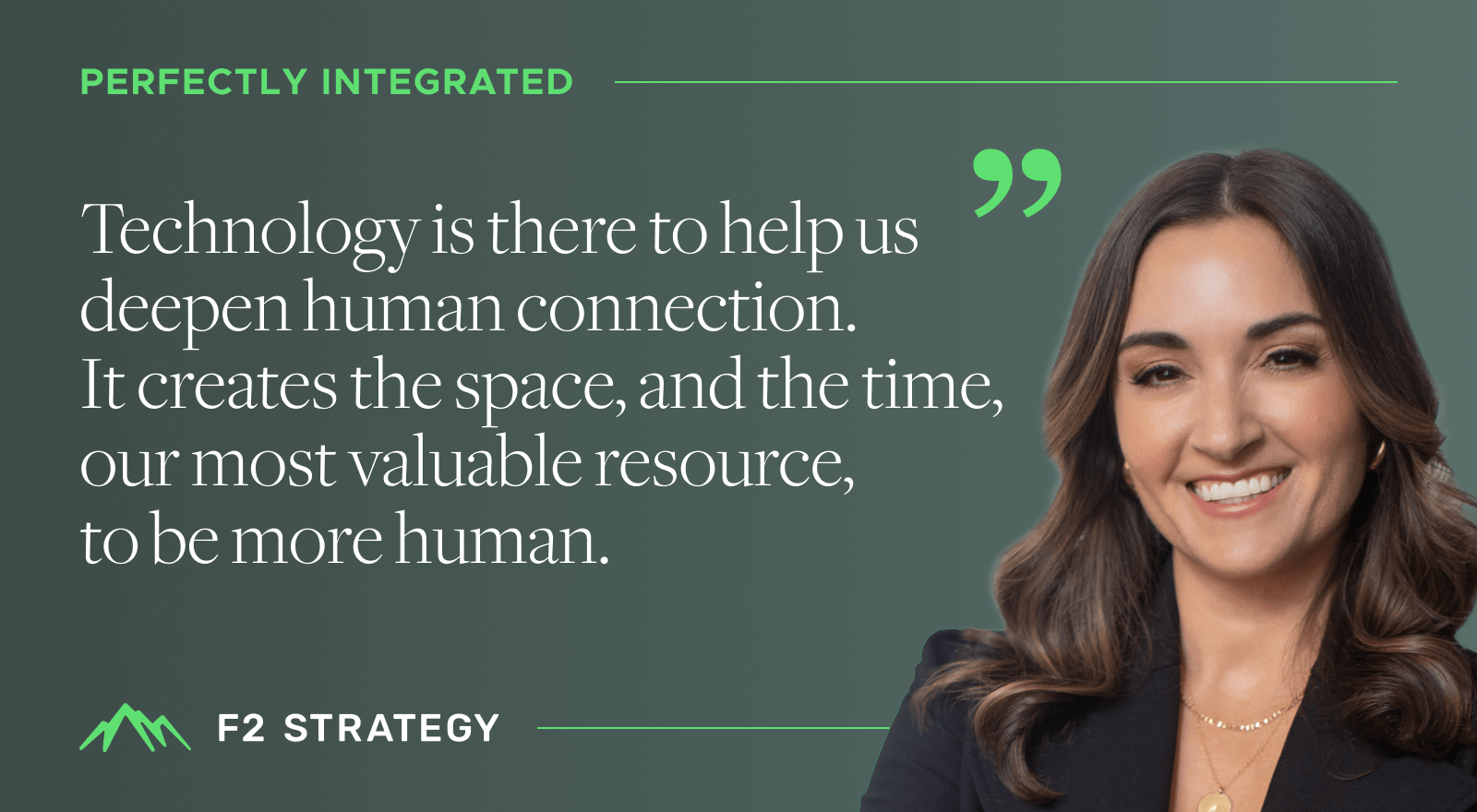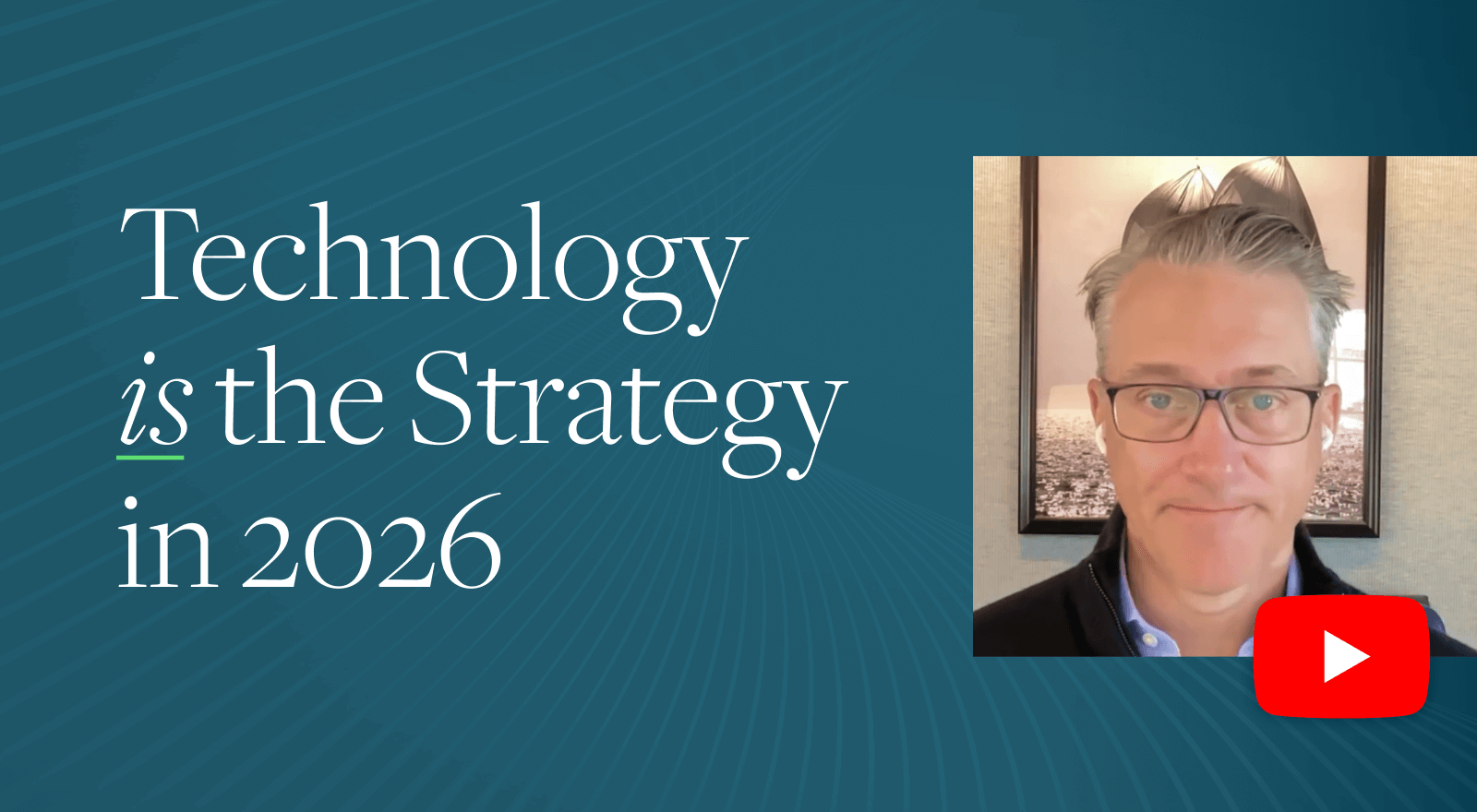Digital experiences are a standard part of almost every aspect of our lives. Investors expect a specific experience when they interact with their advisors—access to their information anytime and from anywhere, seamless communication with their advisors, and the ability to easily submit documents and make changes. Because this issue is so important, F2 conducts regular research on the wealth management industry’s approach to digital and examines how the industry grades itself on its digital experience delivery. In September 2024, 71 wealth management firms with a combined AUM of $6 trillion participated in F2’s study.
Two years ago, F2 Strategy’s research study on digital client experience revealed that 72% of wealth management firms were dissatisfied with their digital client experience offering. When asked again in 2024, 74% reported dissatisfaction. So, why are we falling short? And where is our digital transformation that will bring our clients’ experiences in line with those of other industries?
Here is a deeper look at five trends F2’s recent research on digital client experience uncovered and where we go from here:
Trend 1: Wealth Management Firms Struggle to Measure the Benefits of Digital Client Experience
Sign up to get industry insights delivered directly to your inbox
Insights and Actionable Intel
- Most wealth management firms do not have a strong idea of what to measure to improve experiences and therefore measure the things that are easiest to measure.
- Of firms tracking personas and demographics, only 15% act on the patterns they uncover, so is this measurement useful?
- Take Action: Rather than measure easy metrics for the sake of measurement, spend time building tracking tools for the metrics that are critical to making informed technology implementation decisions.
Trend 2: Wealth Management Firms Banking on Mobile Engagement
Insights and Actionable Intel
- Mobile app adoption is on the rise—firms shared the sentiment that they want to make their mobile experience as good or better than their desktop experience.
- Firms cite the following benefits from mobile: higher engagement with clients, more logins, more time spent, and more clients using mobile.
- Firms describe a good mobile experience as delivering consistent brand experience across devices, notifications and targeted content, an intentional client journey, and an uncomplicated user experience.
- Take Action: Document a short-term digital strategy which details how clients and prospects should engage on mobile vs. desktop and what they should experience during their engagement. Some examples of mobile experiences include mobile alerts on relationship milestones or notable market events impacting their relationship. On desktop, a web-based document repository or visual estate plan with legal entity, beneficiary and scenario planning might make more sense.
Trend 3: Lack of Internal Resources Tops List of Challenges When Building Digital Client Experience
Insights and Actionable Intel
- Half of firms don’t have digital client experience on the top of their list of priorities.
- Some firms say digital client experience ranks behind advisor experience and internal technology.
- Take Action: Compare the priority of digital client experience vs. what it will do for your firm. ‘Digital’ isn’t value on its own. It’s a means to create value. A lack of clear goals holds back its effectiveness. For example:
- Increasing client quality touch points to four per month with improved, client-focused content can lead to increased referrals, satisfaction, and wallet-share accretion.
- Increasing engagement and prospect meetings with Gen2 beneficiaries through a new shared-vision estate and legacy planning app helps bridge the Gen1/Gen2 value and vision gap.
Trend 4: Wealth Management Industry Doesn’t Have One Common Definition of a Great Digital Client Experience

Insights and Actionable Intel
- Despite many differences in defining a great experience, five themes govern most firms’ ideas: mobile, onboarding, communication, unified portal, and branding.
- Without a single definition of great digital experience to work toward, it’s hard for firms to measure success and harder still to make the right technology investment decisions.
- Take Action: The industry needs to build consensus on a definition of good digital client experience to measure effectively and industry satisfaction rates to improve.
Trend 5: AI is a Possible Growth Area for Digital Client Experience Tools
Insights and Actionable Intel
- Wealth management firms are in the early stages of incorporating AI into their digital client experiences
- Top concerns around AI remain the same as 2023: regulatory risk, staffing and resources, budget and more
- Many of the tools are still too new and firms don’t have the internal resources to keep up with the vendor research to make this a priority focus area
- Take Action: Work with your compliance and operations teams to understand what’s allowable for advisors or the firm in terms of AI outputs. Lean into experts in the industry that maintain current best practices and real-world results of AI projects’ impact to the client and advisor experiences, costs, and pitfalls to avoid.
F2 Strategy Survey Information: The data in this report is pulled from a survey conducted by F2 Strategy in September 2024. The survey includes responses from 71 leading RIAs, Wealth Management firms and Broker/Dealers representing $6 trillion in assets.

.png)


